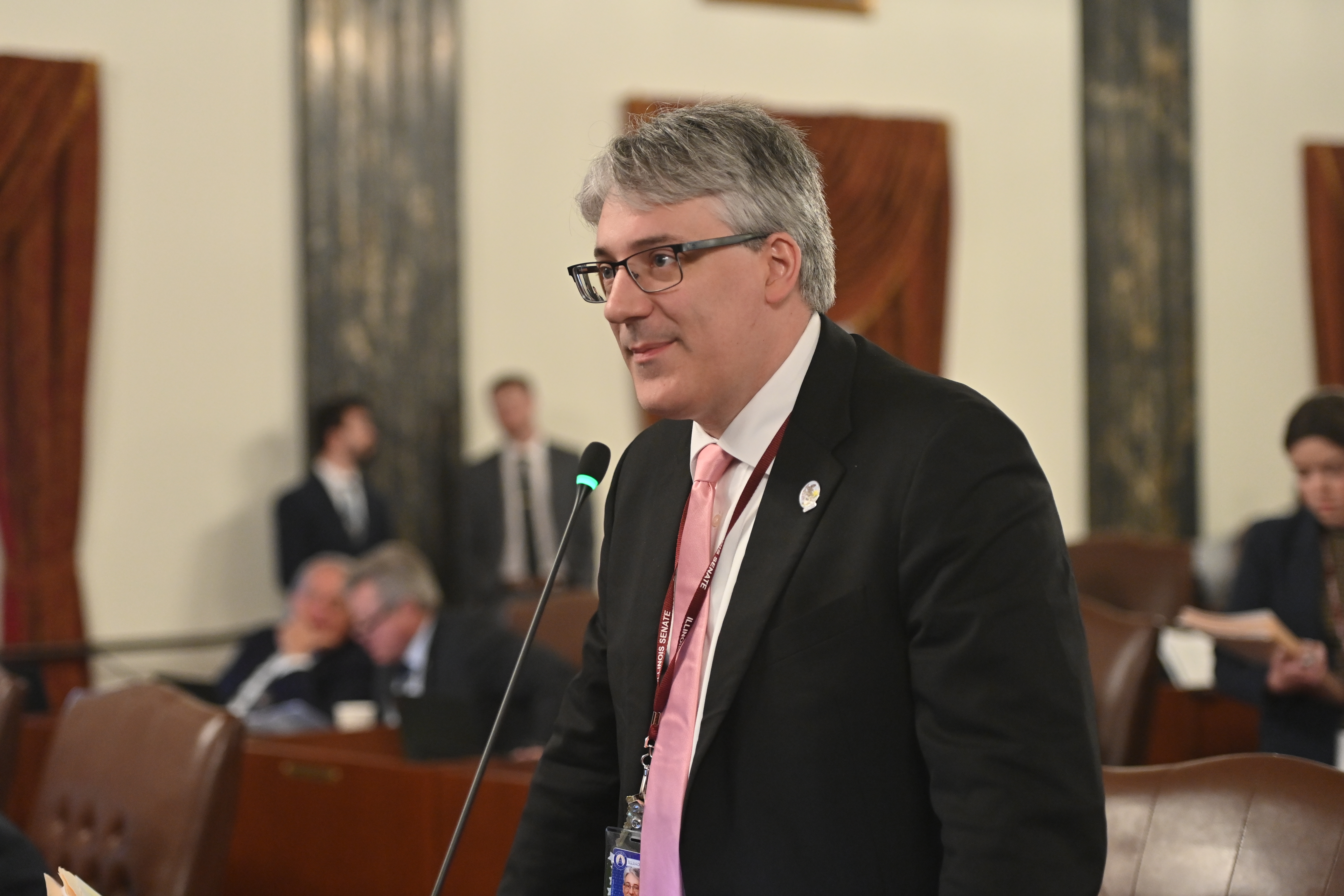- Details
- Category: Press Releases
SPRINGFIELD – To help protect consumers from utility scams, State Senator Mike Halpin spearheaded a resolution in the Senate declaring Nov. 20, 2024 as Utility Scam Awareness Day.
“Scammers are smart and ever-evolving with their tactics to trick customers into sharing personal or financial information,” said Halpin (D-Rock Island). “This leaves residents unaware and unable to decipher if a phone call, text or email is from their utility company or not.”
- Details
- Category: Press Releases
 ROCK ISLAND – State Senator Mike Halpin recently announced over $300,000 is coming to the area to enhance adult volunteer literacy and library programs.
ROCK ISLAND – State Senator Mike Halpin recently announced over $300,000 is coming to the area to enhance adult volunteer literacy and library programs.
“Our libraries and their programs underpin a community where everyone has access to resources to bolster their education,” said Halpin (D-Rock Island). “With this funding, our neighbors will be able to continue their efforts in improving their reading, writing, math and English literacy skills.”
The grants were awarded by Illinois Secretary of State and State Librarian Alexi Giannoulias, who has awarded nearly $22 million for library services and $6 million for literacy programs throughout the state.
- Details
- Category: Press Releases

ROCK ISLAND – In an effort to address the ongoing teacher shortage, State Senator Mike Halpin joined the Illinois State Board of Education in announcing $7.4 million in grants to help prepare high school students for careers in education.
“Children deserve to learn in schools that have adequate resources to bolster their education,” said Halpin (D-Rock Island). “With this funding, we are not only enriching the lives of current students, but expanding opportunities for all youth.”
Halpin announces over $8.8 million coming to local school districts thanks to evidence-based funding
- Details
- Category: Press Releases

ROCK ISLAND – State Senator Mike Halpin announced that area school districts will receive over $8.8 million thanks to the evidence-based funding formula.
“Each school has diverse needs to best assist students with the proper support and resources,” said Halpin (D-Rock Island). “With the evidence-based funding formula, our students, teachers and districts will see the benefits of investing into their future and meeting these diverse needs.”
More Articles …
Page 12 of 33


